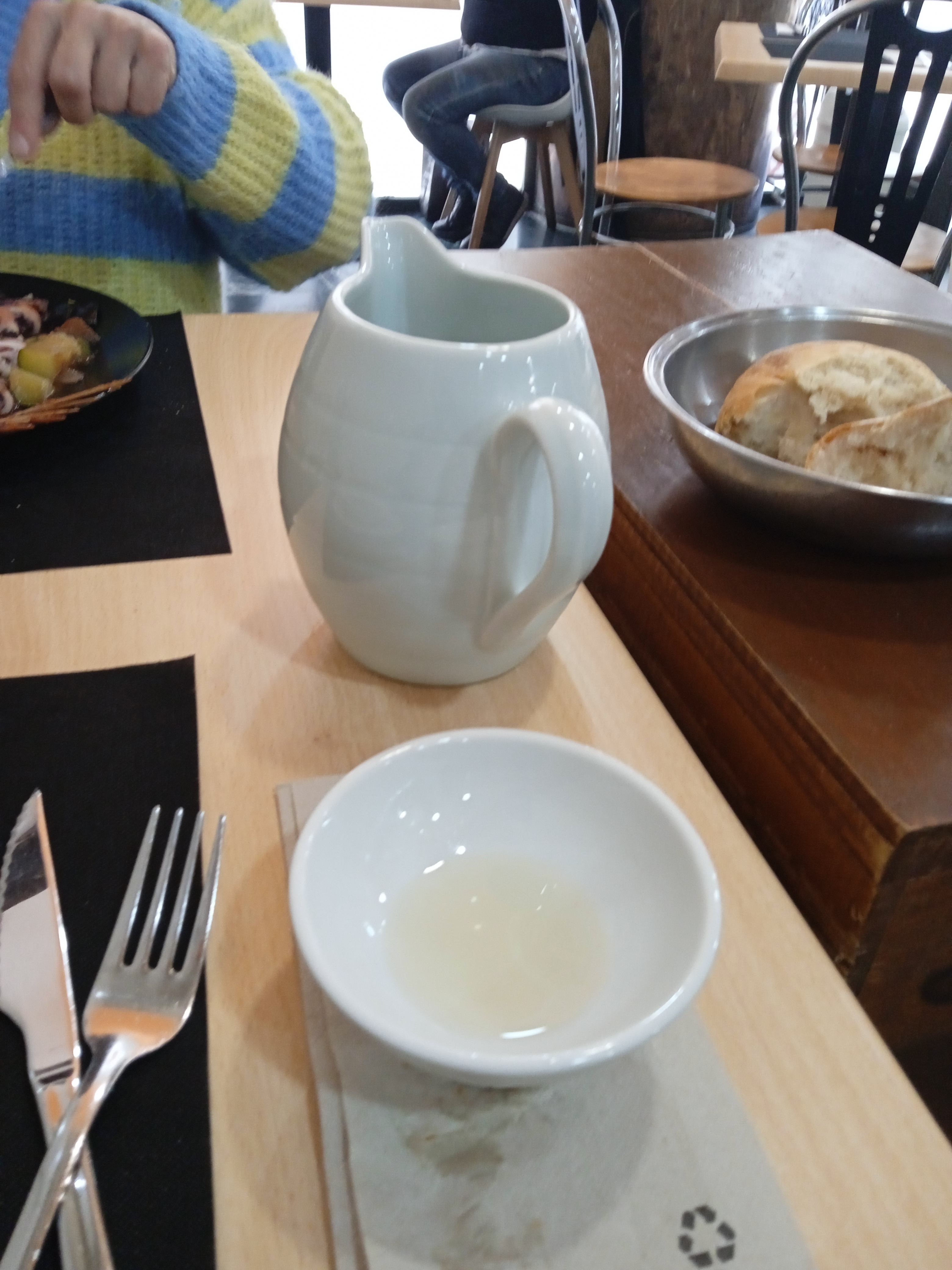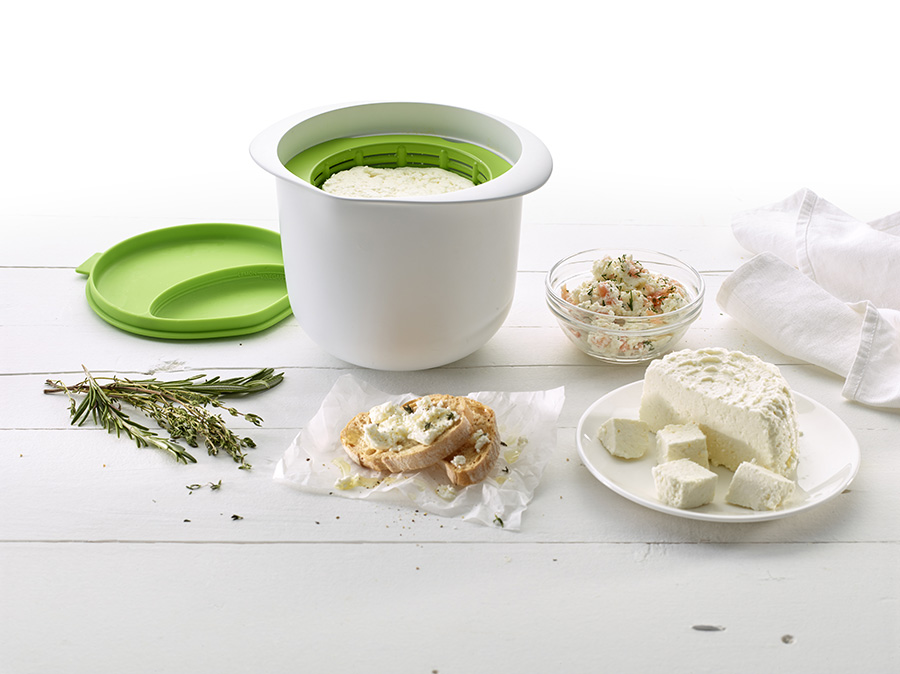Valencian Oysters: Pearls before Snails
Many people think twice before eating oysters, equating them with snails and other gastropods. The word ‘gastropod’ makes you think you’re going to eat something magnificent and gastronomical, whereas etymologically the word, invented by Georges Cuvier in 1795, comes from Ancient Greek, combining the words for ‘stomach’ and ‘foot’, a curiously unenlightening fact.
Snails and oysters often remind people to wash their handkerchiefs thoroughly, although for me they immediately conjure up that risqué scene in the film Spartacus, a great part of which was made in Spain, between Laurence Olivier and Tony Curtis
When Olivier asks: “Do you like snails or oysters?” and explains “My taste includes both snails and oysters,” he is expressing his bi-sexuality, which sends young Tony running off into the arms of the slave army led by manly Kirk Douglas.
But I digress; although I’m not fond of snails, I have in later life developed a taste for oysters, eating them in the traditional way with a squirt of lemon juice to watch them wriggle before engorging.
‘Cruel!’ you might claim, or even exclaim, but there’s no accounting for taste.
Oysters don’t immediately spring to mind when discussing Valencian gastronomy, with or without the feet, and yet in recent years there has been a significant growth in that area, with the molluscs coming out of their shells, largely thanks to the efforts of César Gomez, General Manager of OSTRAS DE VALENCIA S.L.
Gomez has farmed oysters all around the Spanish coast for many years, and set up Les Perles De Valencia with a young team who, unlike the Beatles, work all together now, farming (curious word but accurate I am assured) oysters off the coast of Valencia.
The team at Les Perles De Valencia selects the best oyster seed, which in combination with a careful cultivation method and the nutrient-rich waters off the coast of Valencia, makes Les Perles oysters utterly unique; a subtle and delicate flavour with hints of dried fruits, leaving an aromatic vegetable-like aftertaste.
In addition, oysters are very rich in nutrients. They are an important source of Vitamin B-12, rich in iron, zinc, iodine and, best of all, low in calories.













Recent Comments